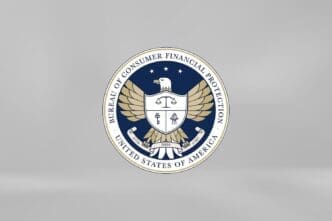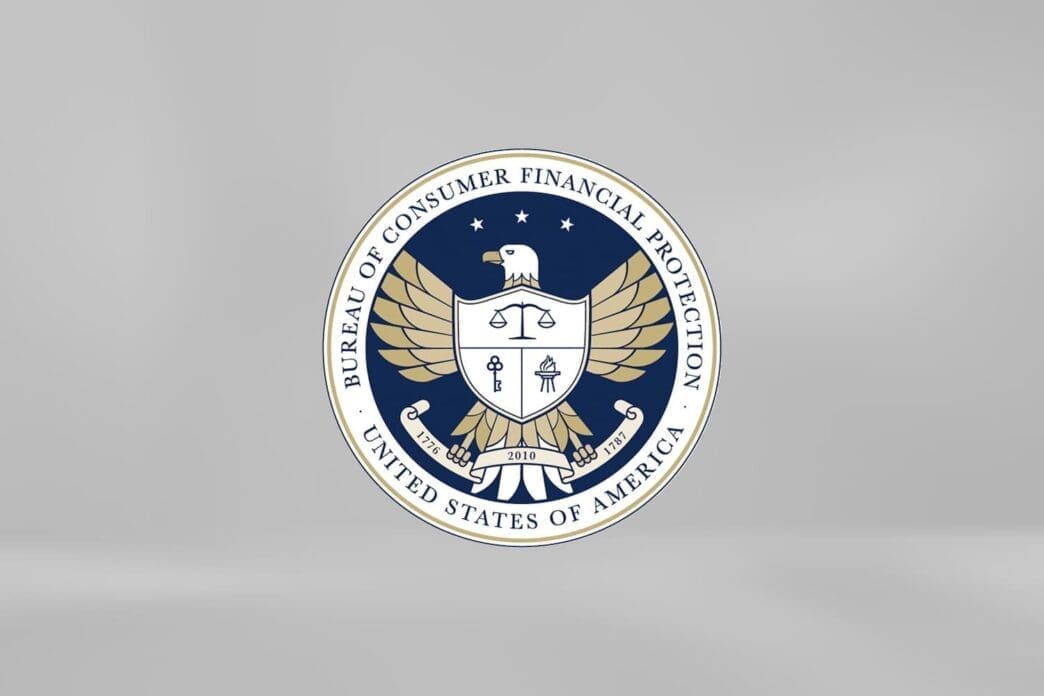Russell Vought, a prominent figure in the financial administrative sector, assumed the role of acting director of the Consumer Financial Protection Bureau (CFPB) recently. This transition marks a significant evolution in the leadership of the CFPB. Notably, digital changes followed swiftly with the removal of the CFPB’s X account, indicating a shift in online presence or strategy. The news sparks discussion across various federal agencies and departments.
A New Leadership Phase
Russell Vought’s appointment as acting director of the CFPB represents a new chapter. Having been confirmed by the US Senate to helm the Office of Management and Budget, Vought’s leadership experience is expected to guide his decisions at the CFPB. This transition occurred amidst increasing scrutiny on financial watchdogs like the CFPB and their roles in consumer protection and regulation.
Digital Transformation at CFPB
In a surprising move, the team of the Department of Government Efficiency took administrative control over the CFPB’s digital assets. This resulted in the deletion of their X account, an essential communication tool for modern organizations. The action appears symbolic, as Elon Musk quipped online, reflecting potential changes in digital media strategy or a reevaluation of public engagement tools.
The removal led to the CFPB website showing a ‘404 page not found’ error, causing confusion. Despite this setback, other website sections remained operational, suggesting selective changes in their digital presence.
Internal Reactions and Morale
Inside the CFPB, the mood turned somber after these changes. Employees expressed frustration and concern over the abrupt shifts in leadership and digital strategy.
The sentiment is mixed, with some seeing the potential for fresh perspectives, while others worry about stability. The internal atmosphere is tense, underscoring the challenges of adapting to new leadership and strategies.
The administrative modifications prompted questions about future directions and effectiveness. Clarity on these strategic changes remains to be seen, as the organization navigates this transitional phase.
Broader Implications and Government Efficiency
The actions by DOGE, associated with broader government efficiency initiatives, highlight the balance between change and continuity.
Observers are keenly watching how these changes might reflect on the agency’s effectiveness in its consumer protection mandate. There’s both anticipation and anxiety about efficiency improvements.
The move encourages debates about digital transformation and operational transparency within government entities.
Challenges in Consumer Protection
As a regulatory agency, the CFPB faces critical challenges in safeguarding consumer financial interests. These leadership changes could impact their focus and strategies.
Ensuring consumer protection remains paramount amidst organizational shifts. With new leadership, questions arise about maintaining consistent and effective regulatory practices.
Political and Public Reactions
Public and political reactions to these rapid changes at the CFPB are varied. Some stakeholders view these as necessary to modernize and streamline operations.
Others express concern over potential disruptions in regulatory functions. The debate continues on the best path forward for regulatory agencies in a rapidly changing environment.
Lawmakers and industry experts contribute to this ongoing discussion, weighing in with their insights and potential solutions.
Understanding the Role of Technology
The integration of technology in regulatory processes is increasingly vital. Changes at the CFPB highlight the need for robust digital strategies.
As technology influences consumer markets, the CFPB’s actions underscore the importance of adapting its digital tools.
This situation emphasizes the need for ongoing evaluation of digital strategies in public sector organizations.
Future Prospects for CFPB
The future of the CFPB under Russell Vought’s leadership remains a point of interest. Potential shifts in policy and operational priorities could emerge.
Stakeholders are looking for signs of stability and continuity in consumer protection efforts. The agency’s adaptability will be crucial.
Conclusion and Summary
The leadership change at the CFPB and subsequent digital transformations underscore the dynamic nature of regulatory agencies today. Balancing innovation with stability is essential for continued consumer protection.
Future developments will be closely monitored as the CFPB establishes its new direction under acting director Russell Vought.
As the CFPB navigates new leadership and strategic shifts, the agency’s adaptability and focus on consumer protection will be critical. Observers remain attentive to how these changes unfold, impacting both internal operations and external perceptions. The actions taken mark a pivotal phase for the organization, emphasizing the importance of balancing change with maintaining core regulatory functions.








